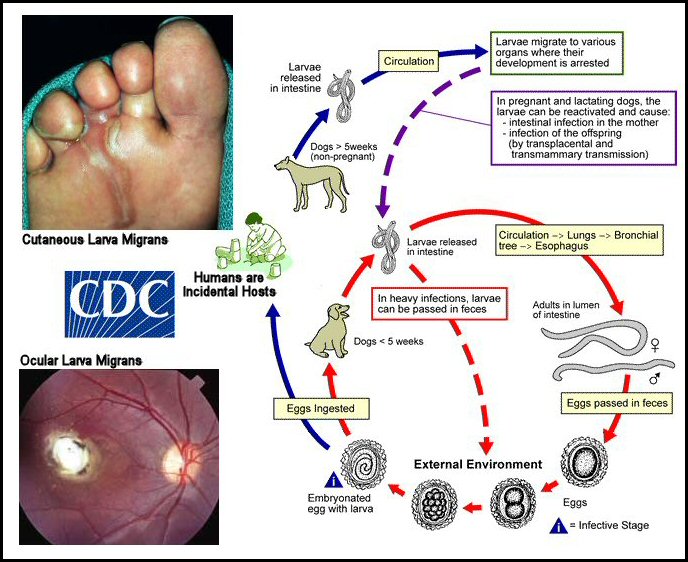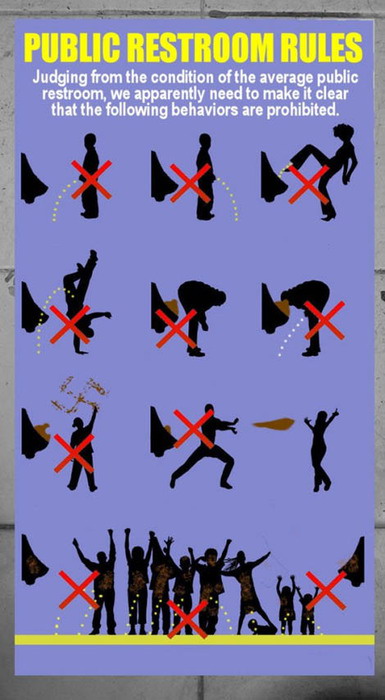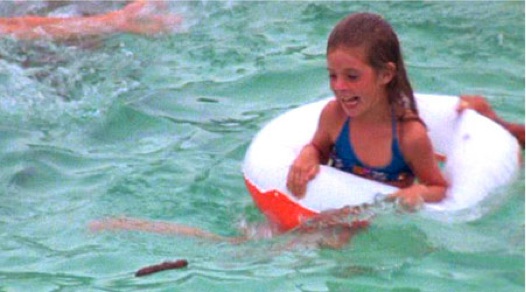New York Times journalist Jane Brody suggests that eating dirt is an instinctive behavior in humans. In her article, Eating dirt can be good for you – just ask babies, she interviewed researchers who think  people should eat dirt in order to stimulate their immune system. Brody says that immune system disorders such as asthma and allergies have risen significantly in the United States.
people should eat dirt in order to stimulate their immune system. Brody says that immune system disorders such as asthma and allergies have risen significantly in the United States.
Although allergies do appear to be on the rise, the awareness of allergies, the ability to diagnose allergies, and the number of people at risk (the U.S. population) have also risen significantly.
The director of gastroenterology and hepatology at Tufts Medical Center in Boston, Dr. Joel Weinstock, said in the interview,
"There are very few diseases that people get from worms. Humans have adapted to the presence of most of them. … Children should be allowed to go barefoot in the dirt, play in the dirt, and not have to wash their hands when they come in to eat…let kids have two dogs and a cat, which will expose them to intestinal worms that can promote a healthy immune system.”
Dr. Weinstock, I’m sure glad you aren’t my doctor.
I agree that immune systems are naturally stimulated by various exposures to the environment, and that Americans use too many antibacterial products, but I question Dr. Weinstock’s knowledge of zoonotic diseases. Intestinal parasites from animals that infect humans, since many are not adapted to humans, often leave the intestines and migrate through the body. There are approximately 10,000 human cases of larva migrans in the U.S. each year. Unfortunately, most of these cases are in children, and a few of these kids die.
Eating dirt is an instinct? Not for me. Babies eat dirt because they don’t know better. Some may think that bad behavior is an instinct, but calling bad behavior an instinct doesn’t excuse it. Bad advice shouldn’t be excused either.
Dirt may have poop in it, so don’t eat it.

.jpg) reminders regarding proper use of facilities, and to explain the difference between men and women, which may account for different levels of publicly observed handwashing compliance.
reminders regarding proper use of facilities, and to explain the difference between men and women, which may account for different levels of publicly observed handwashing compliance.

.jpg) bug.
bug. But today, the chain admitted breaching hygiene rules at one of the busiest branches in Britain, telling a hearing at City of Westminster Magistrates’ Court, in central London it had inadequate pest control at a branch in Leicester Square, central London.
But today, the chain admitted breaching hygiene rules at one of the busiest branches in Britain, telling a hearing at City of Westminster Magistrates’ Court, in central London it had inadequate pest control at a branch in Leicester Square, central London.
 many canals constructed in the early 1800s to feed the industrial machine that was Birmingham.
many canals constructed in the early 1800s to feed the industrial machine that was Birmingham.  people should eat dirt in order to stimulate their immune system. Brody says that immune system disorders such as asthma and allergies have risen significantly in the United States.
people should eat dirt in order to stimulate their immune system. Brody says that immune system disorders such as asthma and allergies have risen significantly in the United States. 






